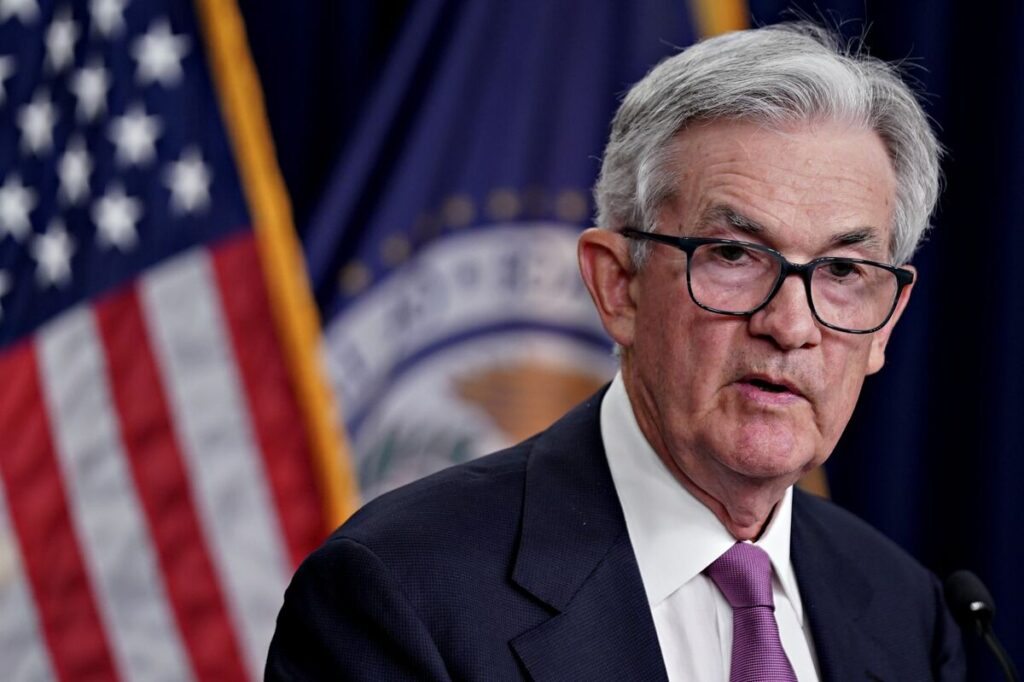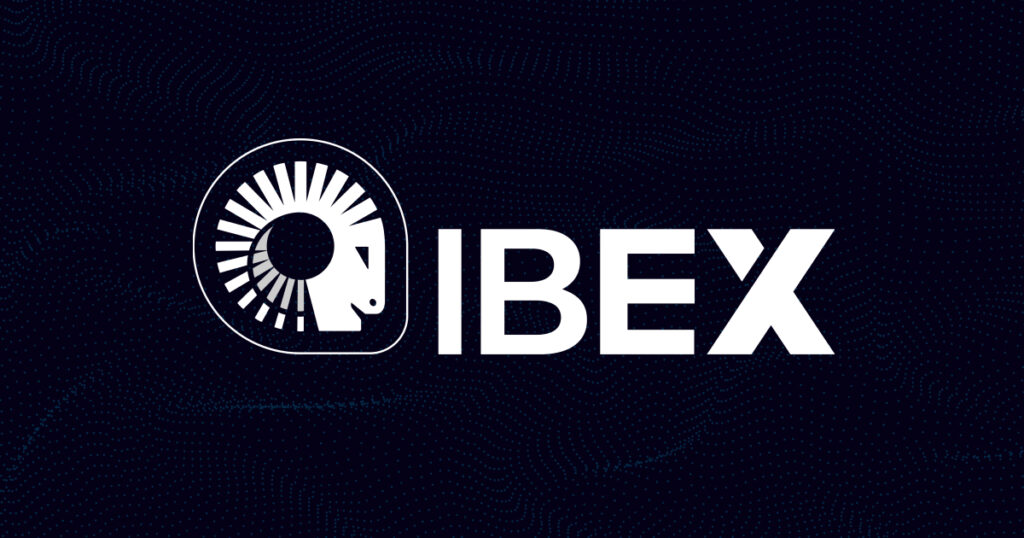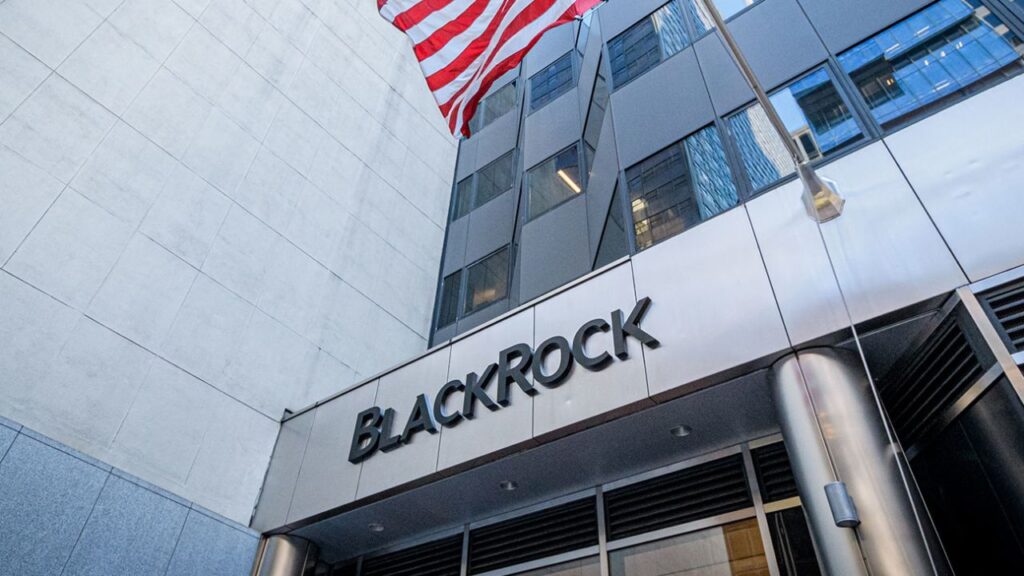The Euronext Amsterdam stock exchange has recently witnessed the introduction of a new equity exchange-traded fund (ETF) that provides investors in the Netherlands with access to a diverse range of Bitcoin-related company stocks.
Melanion Capital, a French investment firm, launched the Bitcoin Equities ETF on June 22, marking a new approach to investing in the Bitcoin ecosystem through equities.
The ETF tracks the Melanion Bitcoin Exposure Index, a custom basket of European and American stocks closely associated with the market price of BTC.
One key advantage of this ETF is its compliance with the European Commission’s Undertakings for the Collective Investment in Transferable Securities (UCITS) regulatory framework.
This framework ensures that the ETF adheres to established standards for managing and trading mutual funds while providing regulatory and investor protection requirements.
Consequently, investment firms can register and sell trading products across the European Union, offering a secure investment avenue.
Jad Comair, the CEO of Melanion Capital, expressed his enthusiasm about the expansion to the Euronext Amsterdam exchange, emphasizing that Dutch investors now have a “regulated and transparent solution” for gaining exposure to the Bitcoin ecosystem.
Comair acknowledged the significant interest in digital assets within the Dutch market and believes that the ETF presents an exciting investment opportunity within a regulated framework.
The Melanion Bitcoin Exposure Index comprises stocks from companies heavily invested in Bitcoin holdings, cryptocurrency exchanges, and mining operations.
Notable companies included in the index are MicroStrategy, which, under the guidance of Michael Saylor, has amassed over 140,000 BTC valued at more than $12.6 billion as of April 2023.
The index also features prominent exchange platforms like Coinbase and Robinhood, as well as mining firms such as Riot, Marathon Digital, and Hut8.
While the ETF aims to maintain correlation with the market performance of Bitcoin, a specific minimum correlation threshold has not been established.
Melanion’s Bitcoin Equities ETF is also listed on the Euronext Paris and Euronext Milan stock exchanges, further expanding its reach across European markets.
Bitcoin ETFs have been making headlines in June 2023, as BlackRock, the world’s largest asset manager, filed an application for a Bitcoin spot ETF with the United States Securities and Exchange Commission.
This move indicates the growing interest and recognition of Bitcoin as a legitimate investment option.
With the introduction of the Bitcoin Equities ETF on the Euronext Amsterdam stock exchange, Dutch investors now have a regulated and transparent avenue to participate in the Bitcoin ecosystem.
This development reflects the increasing acceptance and integration of digital assets into traditional financial markets, providing individuals with more diverse investment opportunities.
Other Stories:
FTX Files Lawsuit Seeking $700 Million from Former Associates and Affiliated Funds
Federal Reserve Pushing For Robust Oversight of Stablecoins as Form of Money
Millions of Mexicans To Be Able To Pay Internet Bills Via Bitcoin Lightning Network










